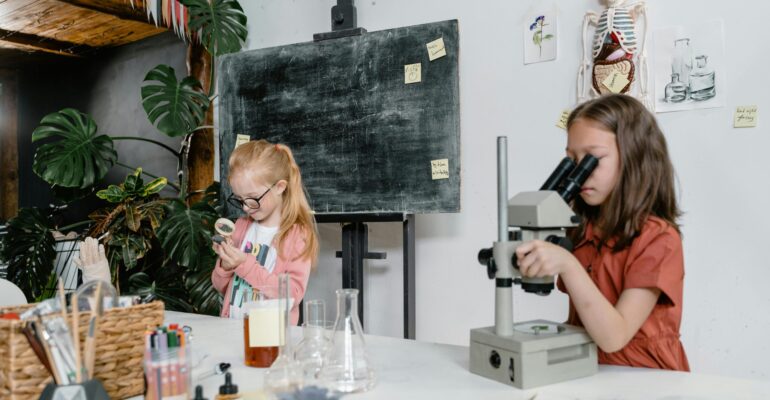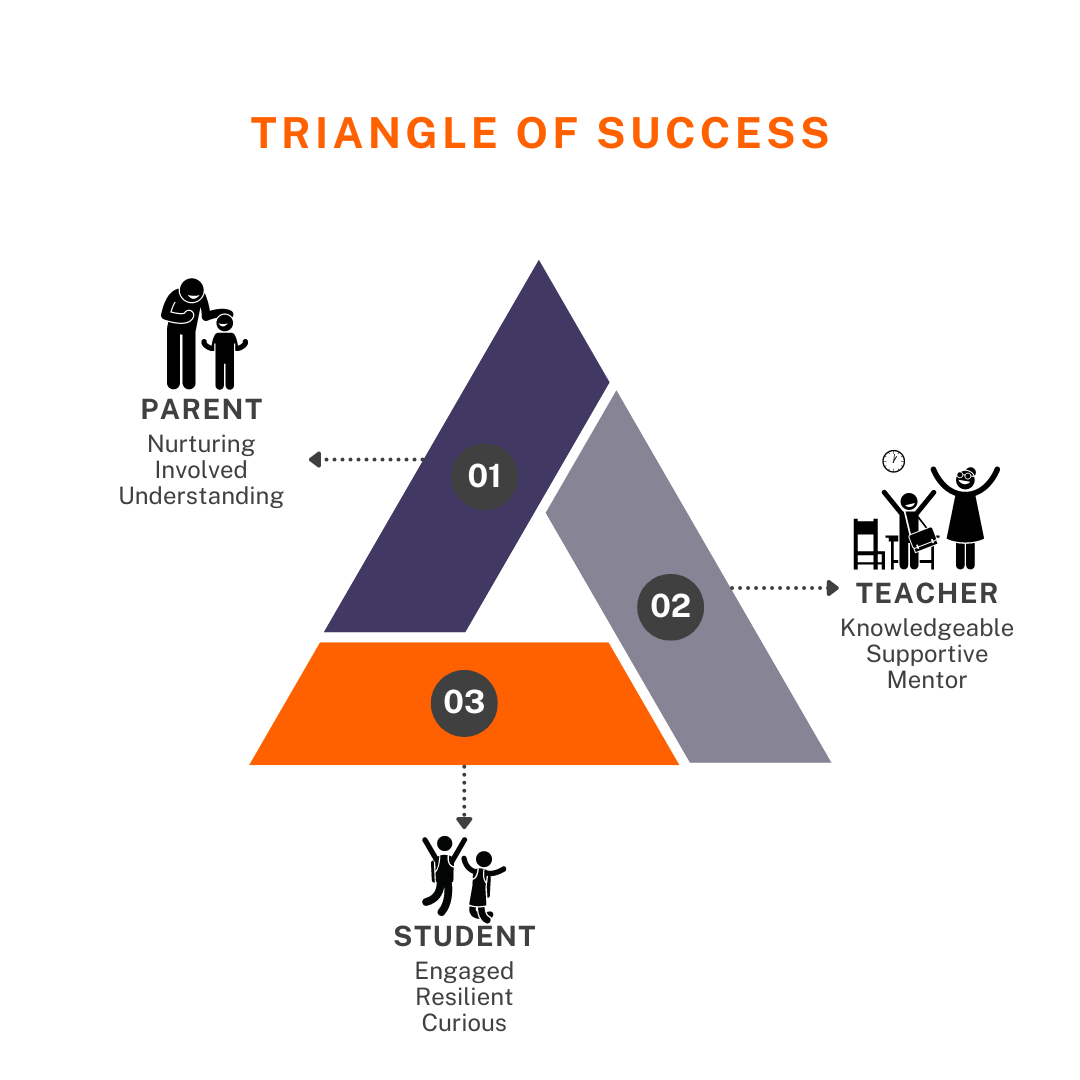How to Support Gifted Children in School
Supporting gifted children in school requires a blend of innovative techniques, understanding, and tailored strategies. These children often have unique needs that, when met, can lead to exceptional academic success and personal development. Here are some practical, easy-to-implement ideas for both teachers and parents, backed by psychologists and brain development experts.
Understanding Giftedness
Gifted children often display advanced intellectual abilities, creativity, and emotional depth. They may also experience asynchronous development, where their cognitive skills are far ahead of their emotional or physical development. Understanding these characteristics is crucial for providing appropriate support.
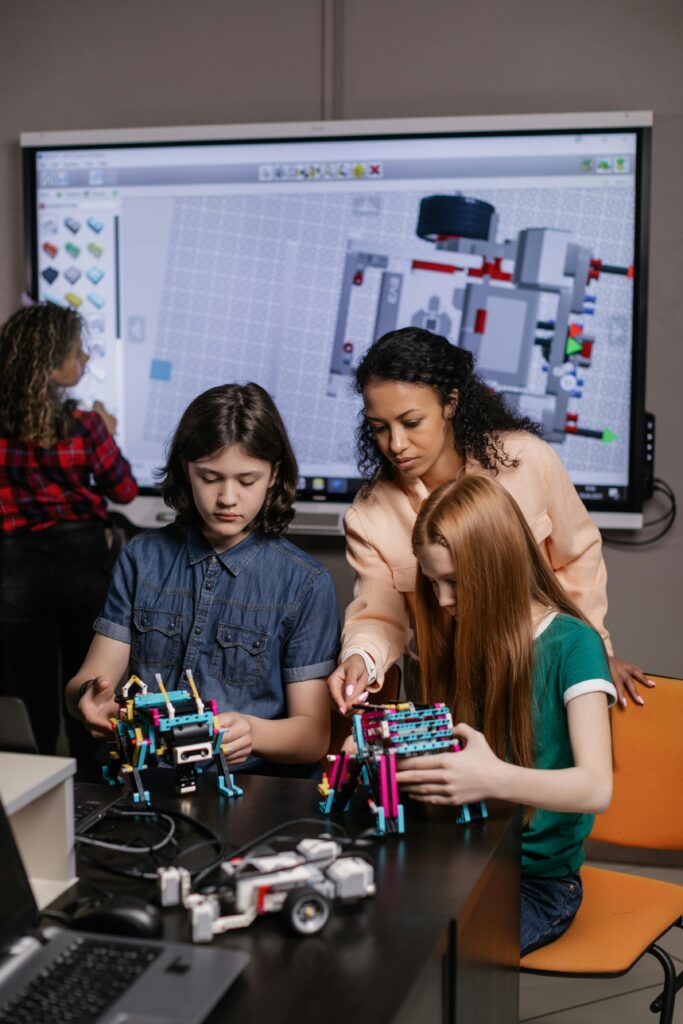
Innovative Techniques for Teachers
- Differentiated Instruction:
- Technique: Tailor teaching methods and materials to meet the varied needs of gifted students.
- Implementation: Use tiered assignments that allow students to work at different levels of complexity on the same topic. Provide extension activities that challenge their higher-order thinking skills.
- Example: In a math class, offer advanced problem sets that go beyond the standard curriculum. Encourage independent projects that allow students to explore topics of interest in depth.
- Acceleration and Enrichment Programs:
- Technique: Provide opportunities for gifted students to move through the curriculum at a faster pace or explore subjects more deeply.
- Implementation: Implement acceleration options such as grade skipping or subject-specific acceleration. Offer enrichment programs, such as after-school clubs or summer camps focused on advanced topics.
- Example: Partner with local universities to offer advanced courses or participate in science fairs and academic competitions.
- Mentorship and Peer Grouping:
- Technique: Connect gifted students with mentors and peers who share their interests and abilities.
- Implementation: Arrange mentorship programs where students can work with professionals in their field of interest. Create peer groups or learning clusters within the classroom.
- Example: Facilitate a book club for advanced readers or a coding group for students interested in computer science.
- Social-Emotional Support:
- Technique: Address the social and emotional needs of gifted students, who may experience heightened sensitivity and perfectionism.
- Implementation: Provide counseling services and create a supportive classroom environment that encourages risk-taking and resilience.
- Example: Integrate social-emotional learning (SEL) activities into the curriculum and offer workshops on stress management and coping strategies.
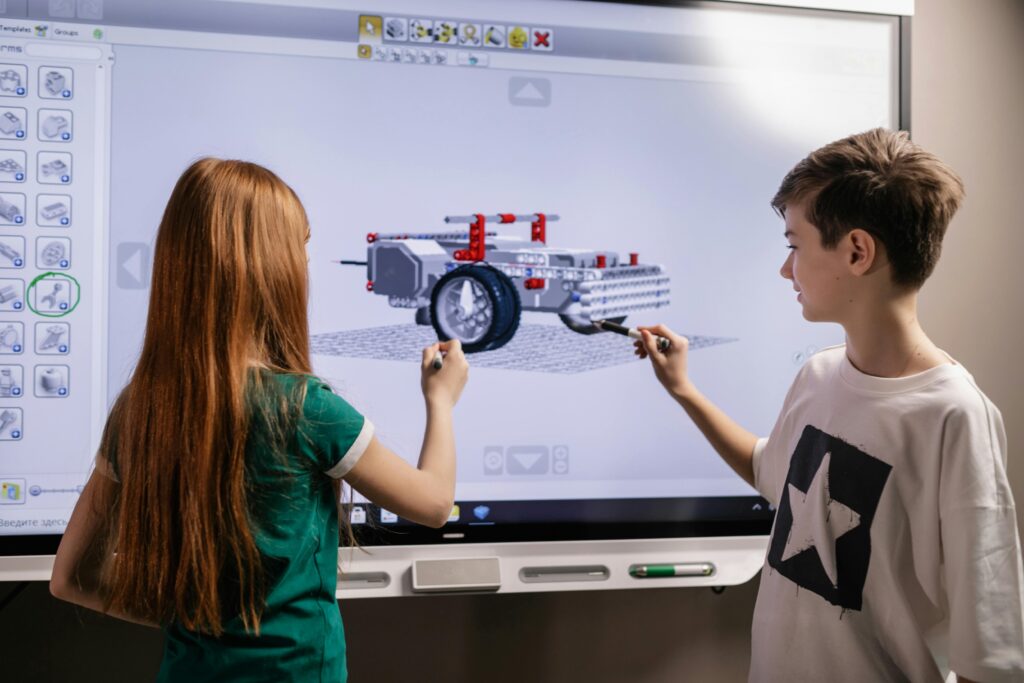
Practical Ideas for Parents
- Encourage Curiosity and Exploration:
- Technique: Foster a home environment that nurtures your child’s natural curiosity and passion for learning.
- Implementation: Provide access to a wide range of books, educational games, and online resources. Encourage exploration through hands-on activities and real-world experiences.
- Example: Take family trips to museums, science centers, and historical sites. Engage in DIY science experiments at home.
- Advocate for Your Child:
- Technique: Work with your child’s school to ensure they receive the appropriate academic challenges and support.
- Implementation: Communicate regularly with teachers and administrators about your child’s needs. Request assessments and individualized education plans (IEPs) if necessary.
- Example: Attend parent-teacher conferences and school board meetings. Join parent advocacy groups for gifted education.
- Promote Balanced Development:
- Technique: Support your child’s social, emotional, and physical development alongside their intellectual growth.
- Implementation: Encourage participation in extracurricular activities, sports, and social groups. Teach coping skills and resilience.
- Example: Enroll your child in a drama club or team sport. Practice mindfulness and relaxation techniques together.
- Provide Opportunities for Advanced Learning:
- Technique: Offer additional learning opportunities outside of school.
- Implementation: Sign up for online courses, summer programs, and workshops in areas of interest.
- Example: Use platforms like Khan Academy, Coursera, or local community college classes to explore new subjects.

Case Study: The Williams Family
The Williams family recognized their daughter, Emma, had advanced abilities in mathematics and a deep interest in astronomy. They worked closely with her school to provide appropriate academic challenges, including subject-specific acceleration in math and participation in an enrichment program at a local university.
At home, they fostered her curiosity by setting up a small telescope for stargazing and enrolling her in an online course about the solar system. They also encouraged her to join the school’s science club, where she found peers with similar interests.
These combined efforts led to Emma thriving both academically and socially. She developed a strong sense of self and continued to pursue her passion for astronomy with enthusiasm and confidence.
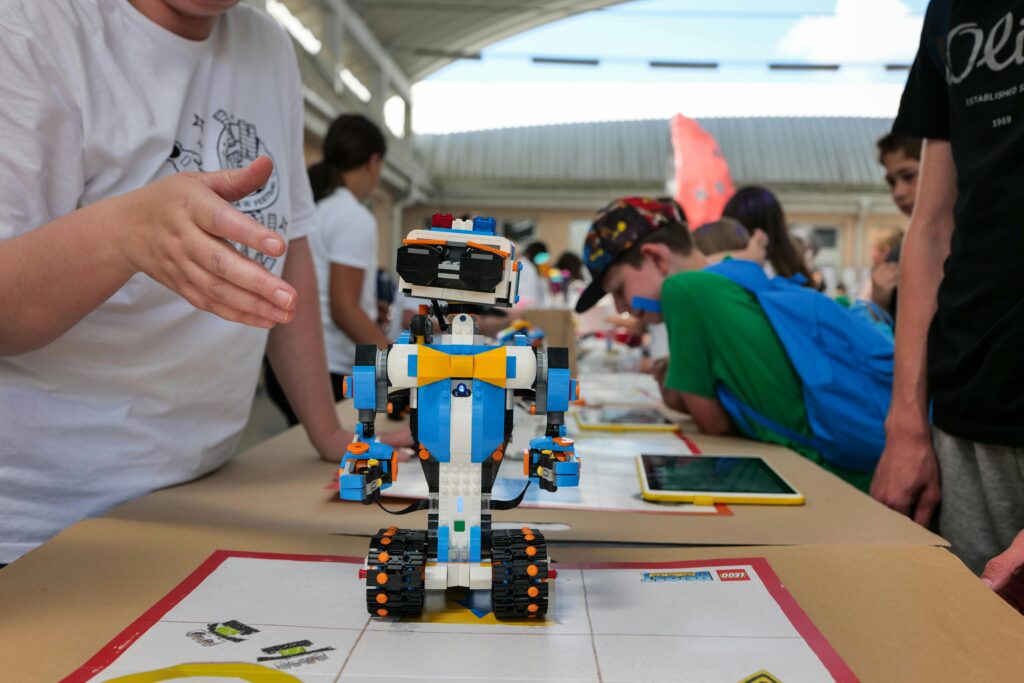
Conclusion
Supporting gifted children in school requires a collaborative effort between teachers and parents. By implementing differentiated instruction, providing acceleration and enrichment opportunities, and addressing social-emotional needs, we can help gifted students achieve their full potential. Parents play a crucial role in fostering a love of learning and advocating for their child’s unique needs.

